Let’s keep this brief, because to be honest, as important as this is to be aware of, it’s not the most interesting subject out there. I also know how busy you are, so let’s get going.
The advantages of wearing organic cotton clothing for ourselves almost do not really need any explanation. In a nutshell, organic fabrics are better for sensitive skin, so people with chemical sensitivity and allergies can wear organic cotton safely. For everyone else, organic cotton means you will not be absorbing toxins through the skin from your clothing as you go about your day.
The more toxins we can rid our life of the better of course, but let us take a more altruistic look at the advantages of wearing organic cotton, and there are so many benefits to everyone involved in the process from those who grow the cotton through to people who manufacture the clothing.
Certified organic cotton is cotton which is grown without the use of toxic pesticides and chemicals which can have a devastating effect on the soil, air and surrounding natural vegetation. It also doesn’t contaminate precious water like conventional cotton growing can.
Organic cotton growing has a lower carbon footprint because it uses far less fuel, water and energy to produce. It’s estimated that organic cotton growing uses an incredible 71% less water and 62% less energy compared to regular cotton growing.*
Unlike conventional cotton, the organic management model of cotton growing implements a practice called ‘dryland production’ without irrigation. If dryland production is not used, growers will utilise other practices to reduce water consumption, like drip irrigation. Therefore, know that your organic garment has been produced using substantially less water than if it were regular non-organic cotton.
Conventional cotton relies heavily on toxic pesticides to manage pests, whereas, organic cotton growers rely on soil management and biodiversity building techniques such as crop rotations, resistant and tolerant varieties of cotton seed, and fostering beneficial insects.
The soil in which organic cotton is grown tends to be healthier, which can lead to climate change mitigation and boost the ability to adapt to extreme weather events such as drought and floods, making organic cotton somewhat more future proof.
Organic farms tend to be safer for workers, mainly because they are not exposed to the harmful chemicals used to produced regular cotton. These organic operations are also more likely to abide by strict manufacturing guidelines, implement fair working conditions and do not use child or forced labour (what we used to call slave labour).
Once picked, processed and woven into fabric, the organic process continues, with no toxic dyes or fabric treatments used; these can include formaldehyde, heavy metals and aromatic solvents.
How can you be sure your garment is organic? Organic cotton must comply and be approved by GOTS, which is the Global Organic Textile Standard.
And what about the additional cost in choosing organic cotton over non organic cotton? To be honest, the difference in price is almost negligible. If you notice a difference in price in a Roselle garment it will most likely be due to other influences like a custom print, higher fabric consumption for a particular style or more work involved in the production.
Go so forth in your pretty new dress knowing that you are doing your bit not just for your own health but also for the health of the planet, like Super Woman!
References:
www.organic-center.org
*Organic cotton - does it really matter? | Pargaard

